Fifteen years ago, Pastor Barry Curtis’ wife was involved in a serious automobile accident that left her with a spinal cord injury that almost took her life.
In addition to partial paralysis, she has burning nerve pain from the neck down, inside and out. To cope with the affliction, the senior pastor at Wasatch Hills Seventh-day Adventist Church said his wife developed a pain management program for herself and others based on positive psychology.

In the process, she taught her husband a profound lesson about the power of gratitude.
“Early in her experience she realized that when everything is hurting from the neck down, the only place to find hope is to focus on the neck up. It is this ‘neck up’ approach that has helped me survive 2020. How I think about my circumstances makes all the difference, especially during hard times,” Pastor Curtis said. “Gratitude is healing and restorative. When we focus on what we have rather than on what we lost, we find gratitude instead of misery. Reframing and refocusing on the good in our lives is healing because gratitude brings us to God.”
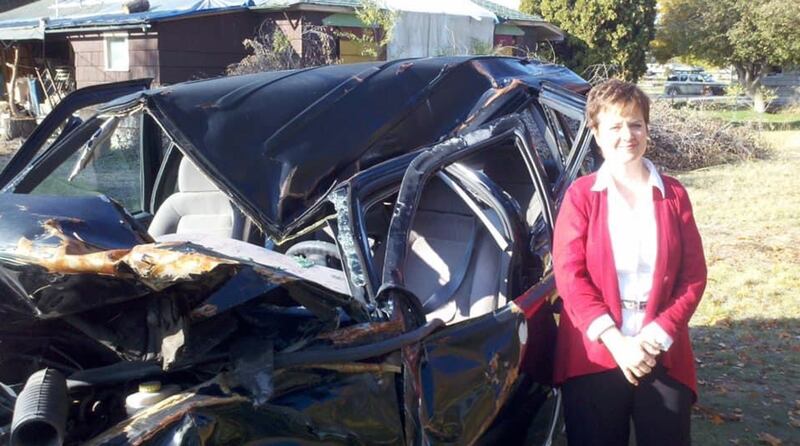
After enduring a difficult year, Pastor Curtis is one of many men and women in charge of Utah congregations who are feeling grateful this month.
The Deseret News spoke with leaders from a variety of faiths about gratitude and Thanksgiving. Here are their thoughts.
Deseret News: Define gratitude — what does it mean to you?
Rev. Elizabeth McVicker, district superintendent of Utah and western Colorado for the United Methodist Church: All people seek happiness in life. Some of us chase happiness through acquiring material things — big houses in prestigious neighborhoods, high-end cars with all the bells and whistles. At some point I realized that happiness does not come from possessions. Instead, it comes through gratitude. Gratitude is the path to happiness. One simply cannot be unhappy when their heart is filled with gratitude. Focusing on what I do have, fills my heart with gratitude and joy.
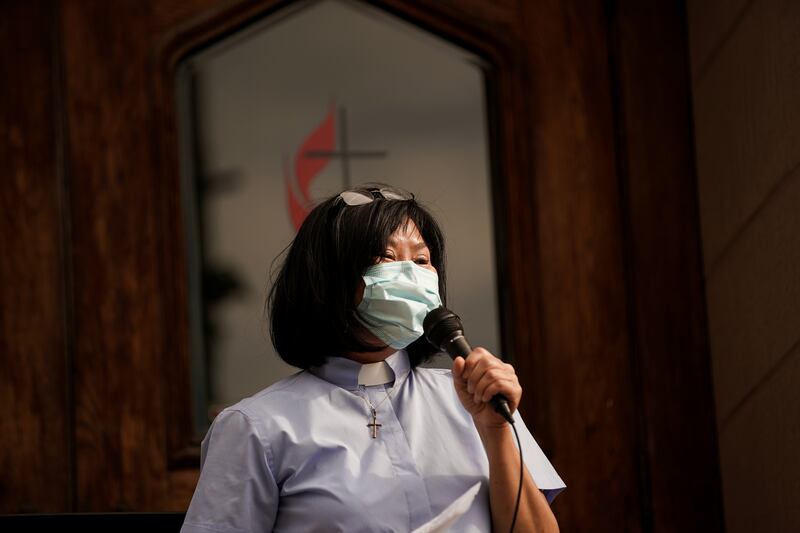
Imam Yasir Butt, of the Islamic Society of Greater Salt Lake: Gratitude is the ability to find hope in the most hopeless situations.
Rev. Oscar T. Moses, pastor of Calvary Baptist Church: Gratitude means being appreciative of the life that God has permitted us to live. Even in the face of trials and tribulations, we can thank God for allowing us to be alive.
Elder Walter F. González, a General Authority Seventy and second counselor in the Utah Area Presidency of The Church of Jesus Christ of Latter-day Saints: Gratitude is a Christlike attribute that we need to develop in our lives as we become his disciples. It is a recognition from a reverent and humble heart of the blessings that surround us in every sunrise. Gratitude is born in the heart and is expressed with actions. It is not an event, it is a constant attitude that purifies our hearts, making us glorious.
The spirit of gratitude has softened my heart in reverence before God, recognizing that his will is better than mine, that his wisdom is infinite better than my knowledge, that everything I am and have is due to the love and tender mercies of our Heavenly Father and his Beloved Son Jesus Christ.
The Very Rev. Martin Diaz, of the Catholic Diocese of Salt Lake City: I’m grateful for my faith. I always believe that God brings good out of evil. God will bring us to a good that we can’t even imagine today. We’re in the midst of this pandemic and all that is going on in the world, but a greater good will come about. I think that greater good will be the unity of humanity.
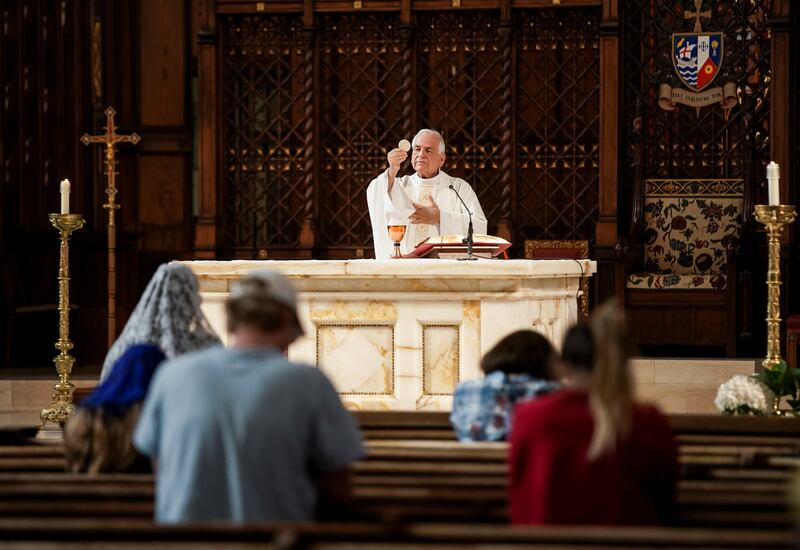
Bishop Nathan Hege, of the Northern Utah Mennonite Church: To me, what we have we don’t deserve. Understanding that leads us to be thankful.
Rabbi Samuel L. Spector, of Congregation Kol Ami: For me, gratitude is recognizing the blessings and holy moments in my life. There are always blessings. They may seem mundane at times, but we should appreciate that we have privileges that not everyone in the world has.
Deseret News: What are you most grateful for in your ministry?
Imam Yasir: I am grateful for my opportunity to help people realize the avenues of achieving gratitude when everything seems to be challenging, especially in the COVID-19 era.
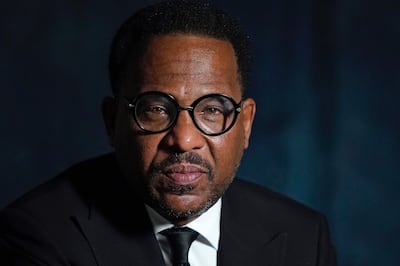
Pastor Moses: Right now, I’m most grateful in my ministry for opportunity — the opportunity to share with the congregation the Lord has placed me at and the vision that he’s given me. I’m most appreciative of that opportunity. I’m appreciative of the opportunity to serve. I would say the opportunity to serve far exceeds everything else.
Elder González: I feel everlasting gratitude for being able to share the essence of my existence, which is my testimony of Jesus Christ. I am deeply grateful for the opportunity to teach about his holy name. I enjoy learning from him, speaking about him, thinking of him, talking about him.
I am grateful for the wonderful brothers and sisters that I have had the blessing to love and serve. We have so many examples of faith, braveness, and love shown by members of the church, especially in times of adversity.
My ministry and all the blessings I’ve received started with two missionaries that left the Book of Mormon in my home, in Uruguay, when I was 12 years old. Thanks to these missionaries I had a spiritual experience with the Book of Mormon six years later.
Pastor Curtis: Next to God and the sacrifice of Christ, I am most grateful for the people who selflessly volunteer to make the ministry of the church happen. It humbles me greatly to see how hard and selflessly people work purely out of love, from the bottom of their hearts.
Rabbi Spector: I get the privilege of being a part of people’s families and having deep, intimate, interpersonal relationships with people. When people have the most difficult moments in their entire lives, they call and say, “Can you be here for me?” And when they have the best moments, I get to play a part in those as well.
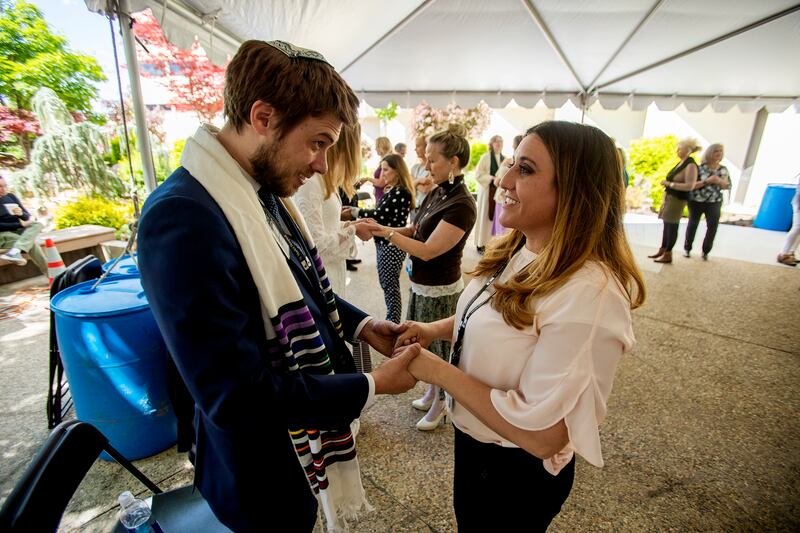
Deseret News: After all that has happened this year (COVID-19, earthquakes, protests, civil unrest, etc.), what have you learned about the power of gratitude?
Imam Yasir: Gratitude is really a state of mind. It’s a learned behavior. We have to learn how to be grateful. In the Holy Quran, chapter 14, verse 7, the Lord Almighty says if you are grateful, I will add more favors onto you. But if you show ingratitude, truly my punishment is terrible. So the punishment here is not that God is in the business of striking people with calamity, but saying that if you choose to not be grateful, and ingratitude is only left, anything around you will seem like a punishment. So even the best circumstance can become a punishment because of our own self-inflicted viewpoint.
Pastor Moses: Out of all that has happened, I think the power of gratitude allows us to move forward. I believe that even in the face of everything that has happened, if we can just be grateful for the little things that we have. We may not have all we want, but if we could be thankful for the little things, like being able to brush our own teeth, clothe ourselves and have whatever bit of contact with family that we have, and to be able to assemble in whatever manner it might be, whether it’s virtually, or at a scaled down rate, those are things to be grateful for.
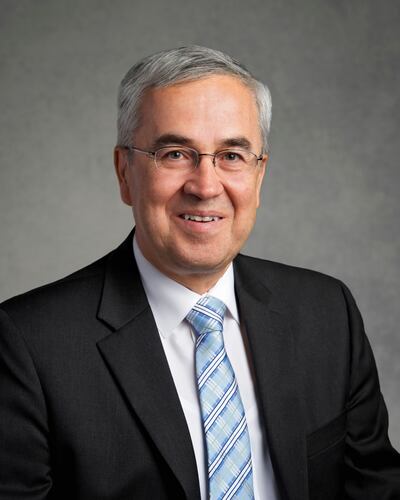
Elder González: Gratitude has the power to give us peace and strength in the middle of the storms of our lives. Recognizing that nothing bad can come from our God, recognizing that our trials — even the current ones — have a divine purpose stems from a grateful heart.
A grateful heart allows us to connect with Heaven in a more sacred and intimate way. We can feel the comforting influence of the Holy Ghost when we have a grateful heart under any circumstance.
The gift of gratitude has given all of us the strength to succor others even when we could be in need. A grateful heart in the middle of this pandemic is the touch of heaven to comfort us and others in the middle of our adversity.
Deseret News: What difference can focusing on your blessings have in a person’s life? Why does gratitude matter?
Imam Yasir: If a person shows gratitude, his life is more fulfilled. Then he projects those good and positive feelings on the people around him. It takes trial, error and practice, like learning any new task. Once he does that he has the keys to happiness and success, technically. He can find gratitude in all situations.
Elder González: As we focus on our blessings and feel gratitude for them, we better understand that our burdens can be eased and our tears can be wiped away. This is possible by the enabling and healing power of Jesus Christ. He has “swallowed up death in victory” and he “wipes away tears from all faces” (Isaiah 25:8). If we can focus ourselves in this great blessing, in the healing power of Jesus Christ through his Atonement, we can have the joyful hope that our sins can be forgiven, that our pains will be taken away. When we focus on our blessings, the power of God is apparent in our lives in a miraculous way.
On the other hand, if we cannot see the blessing in the middle of the storm, doubt and fear will push us backward. Gratitude matters as we develop our divine potential in the becoming process of our lives. Gratitude to God gives us the courage, hope and strength to go forward in this life with “an eye single to the glory of God” (D&C 4:5).
Deseret News: What other thoughts or experiences do you want to share about gratitude?
Imam Yasir: Just the gift of being alive every day, waking up and having consciousness and sensory perception and being able to continue, in itself, is a huge blessing, at least in my humble opinion.
Pastor Curtis: Thanksgiving always reminds me of my mother who passed away several years ago. She and I shared consecutive birthdays on Nov. 23 and 24, so our birthdays often fell on Thanksgiving Day. Every year when Thanksgiving rolls around, I think of her, cry a tear and give thanks for the most amazing mother ever. She, too, was a gift from God and I look forward to a great reunion with her someday in an earth made new.
Father Diaz: I think we’ve got COVID fatigue. We’re beat down by this pandemic. As we approach Thanksgiving, let’s talk about being grateful and thankful.
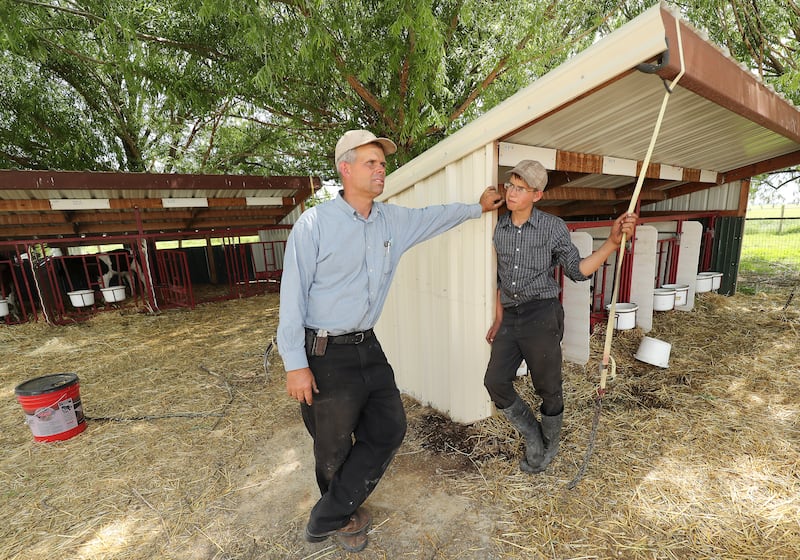
Bishop Hege: We had a really dry spring and for a while I thought we weren’t going to have a corn crop in some of our fields. ... It turned out far better than I thought and we have enough, so we’re happy. What’s interesting is how I’ve realized I’m more thankful for a poor crop than I am for past bumper crops.
Elder González: When we increase our capacity to express gratitude to our God and to the people that serve and help us, we are hastening up the process in which our hearts are purified, and we are made glorious (Doctrine & Covenants 78:19). I wish we could use more frequently the simple words: “Thank you so much”, “Muchas gracias” “Muito obrigado” “Merci,” etc., to the people that surround us.
Gratitude is an attribute that our Savior has. He was always expressing gratitude during his ministry. I have seen this attribute among our members. I would like to thank not only the members here in the heartland of the church but all over the world, including my beloved Latin America, for their examples of faith and courage during these challenging times, even unprecedented times, with unique opportunities.

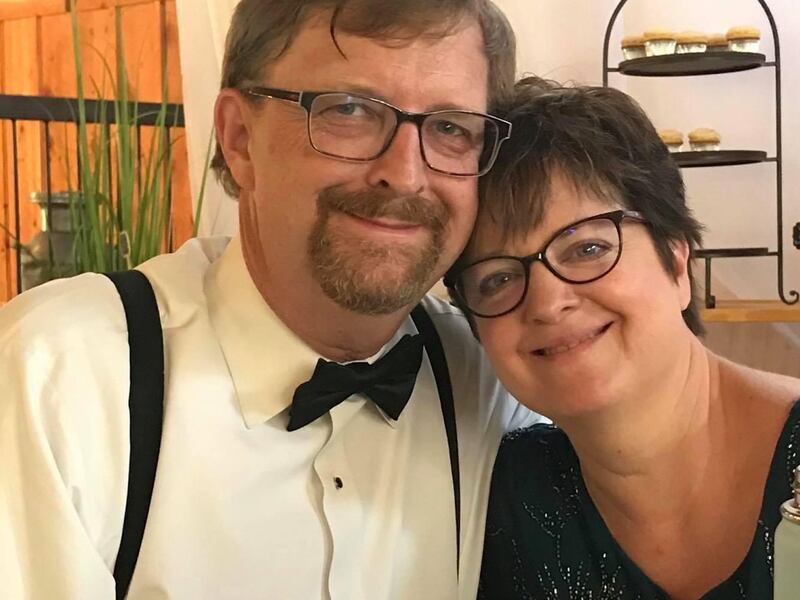
 alt=Trent Toone
alt=Trent Toone